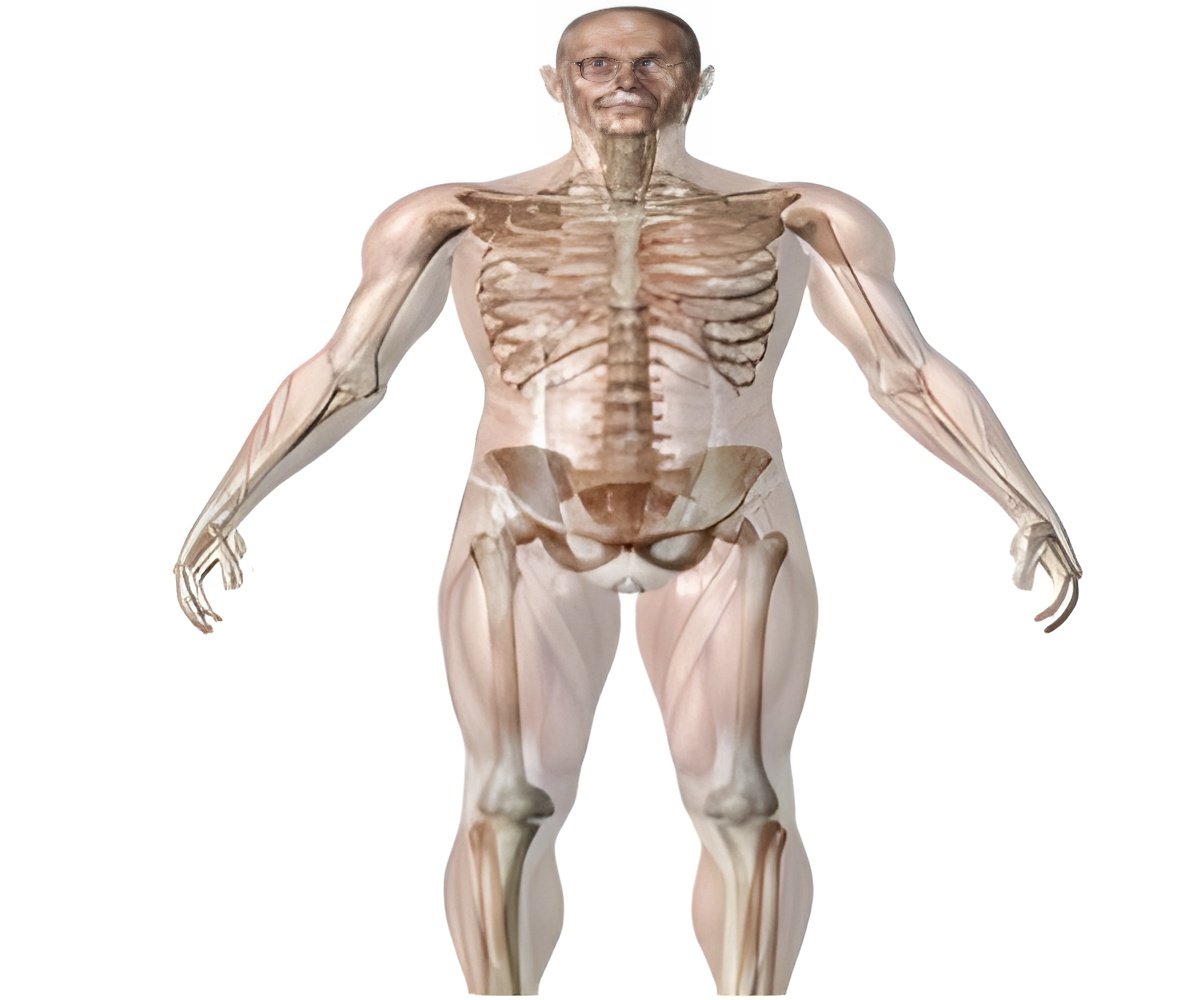
Previous work from this research team and others has shown that this gene produces a protein that is toxic to muscle cells, and the current study indicates that it is likely to be key to developing FSHD. This finding points to potential new drug targets for treating - or potentially curing - FSHD, a progressive condition characterized by progressive wasting of muscles in the upper body.
The findings shed new light on how a genetic mutation identified nearly 20 years ago causes the disease.
Researchers at the University of Leiden led the study in collaboration with co-authors Stephen Tapscott, Dan Miller of the University of Washington and Rabi Tawil.
"In contrast to most genetic diseases, knowledge of the genetic mutation did not explain the cause of the disease," said Tapscott.
"These new findings provide a single, testable hypothesis," he said.
Advertisement
In those susceptible to this form of muscular dystrophy, this DNA mutation stabilizes the product of the DUX4 gene and thus causes the gene to be more active.
Advertisement
The findings were published in the journal Science.
Source-ANI











